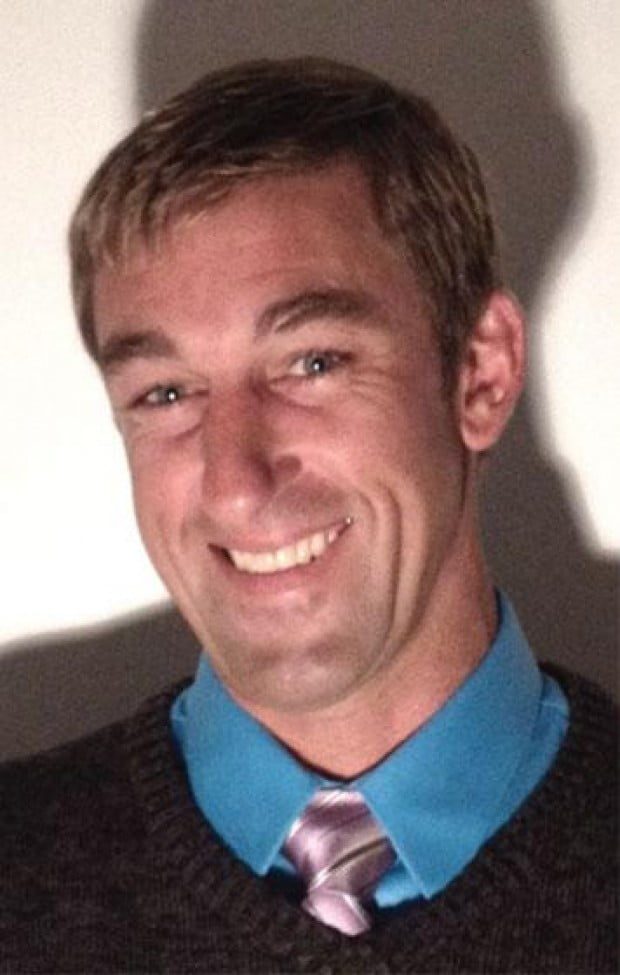The Malibu Times sent a questionnaire to all seven Malibu City Council candidates. Each was limited to 75 words per answer. One profile will be printed, by ballot order, each week, beginning this issue until the March 29 issue. Election Day is April 10.
Name: Hamish Patterson
Birth date: 6-11-69
How long have you lived in Malibu?
Since 1986
What is your education and employment history?
Studied environmental chemistry, Northern Arizona University. Resort manager, retail, councilor, carpenter, concrete cutter, copy machine technician, caterer, writer and YouTube sensation.
Why are you running for city council?
I want to preserve Malibu from exploitation, and protect it from a city council with a carpetbagger mentality and a city hall staffed by nonresidents who do not have to live with their decisions. Malibu’s wealth lies in its rich history, beautiful environment and iconic community, not in buildings and license plate frames.
What makes you qualified to be on the city council?
Those who say they have special qualifications are those who come with agendas that are usually in conflict with what is best for Malibu. From what I can tell, most of those who have been on our city council previously have shown their only qualifications to be spending money on pet projects, supporting development schemes that benefit outside interests and shaking hands with influence peddlers.
What, in your opinion, are the most important issues facing the city at this time?
Top of the list is the ill-conceived lagoon “restoration” project, the PCH’s continued traffic and fatalities, the planned sewers, commercial development, the Broad beach GHAD, camping in city limits, fiscal responsibility and the disingenuous attitude of the city council to preserving malibu’s environment and unique way of life.
What is your opinion of the Malibu Lagoon Restoration Project? Do you think it is a good idea or a bad idea?
Restoration project? It is a destruction project that is ill-conceived, poorly planned and environmentally unsound in principle as well as theoretical execution. The project is a stepping stone to sewer development and well-connected entities filling their bank accounts at the lagoon’s expense and ours.
The project is a scam, and as a community we need to wake up to the players involved and realize they have neither Malibu nor the lagoon’s best interest at heart; it is about money, money which should be invested in fixing the perpetually leaking Tapia treatment plant. Bulldoze the lagoon, bulldoze Malibu, it is that simple.
What is your opinion of the City’s agreement with the Los Angeles Regional Water Quality Board to build a centralized wastewater treatment facility (i.e., sewage treatment) for Civic Center businesses by 2015, and another one for central Malibu homes by 2019?
We voted for cityhood to protect our community from sewers and the development they bring. Sewers are a liability, and it seems unwise to put all our sewage into a system that has the potential for catastrophic failure.
Onsite wastewater treatment systems are state-of-the-art, and are better suited for the geographic realities and geologically unstable nature.
It is interesting that sewers are to be built for commercial before residential, when Malibu is a residential community.
Onsite wastewater treatment is the way to go, it is safer and shifts the responsibility and financial burden to those who create the wastewater.
Are you in favor of a city ordinance that would require shopping centers to preserve a certain amount of space for local “mom and pop” businesses or for services such as cleaners that are geared toward residents rather than visitors? Or do you think that government involvement in business is counterproductive and that a “shop local” campaign or some other measure would be more effective?
Government involvement is always questionable unless it is to protect the community. Malibu’s heart and soul is being sold out to a few well-connected commercial developers who have no interest in preserving the “Malibu way of life” but rather exploiting it. It is in the city’s best interest to protect local business owners who actually service the community. I am against more commercial development; there is already too much and most of it remains vacant. Let us focus on occupying the commercial spaces we have.

